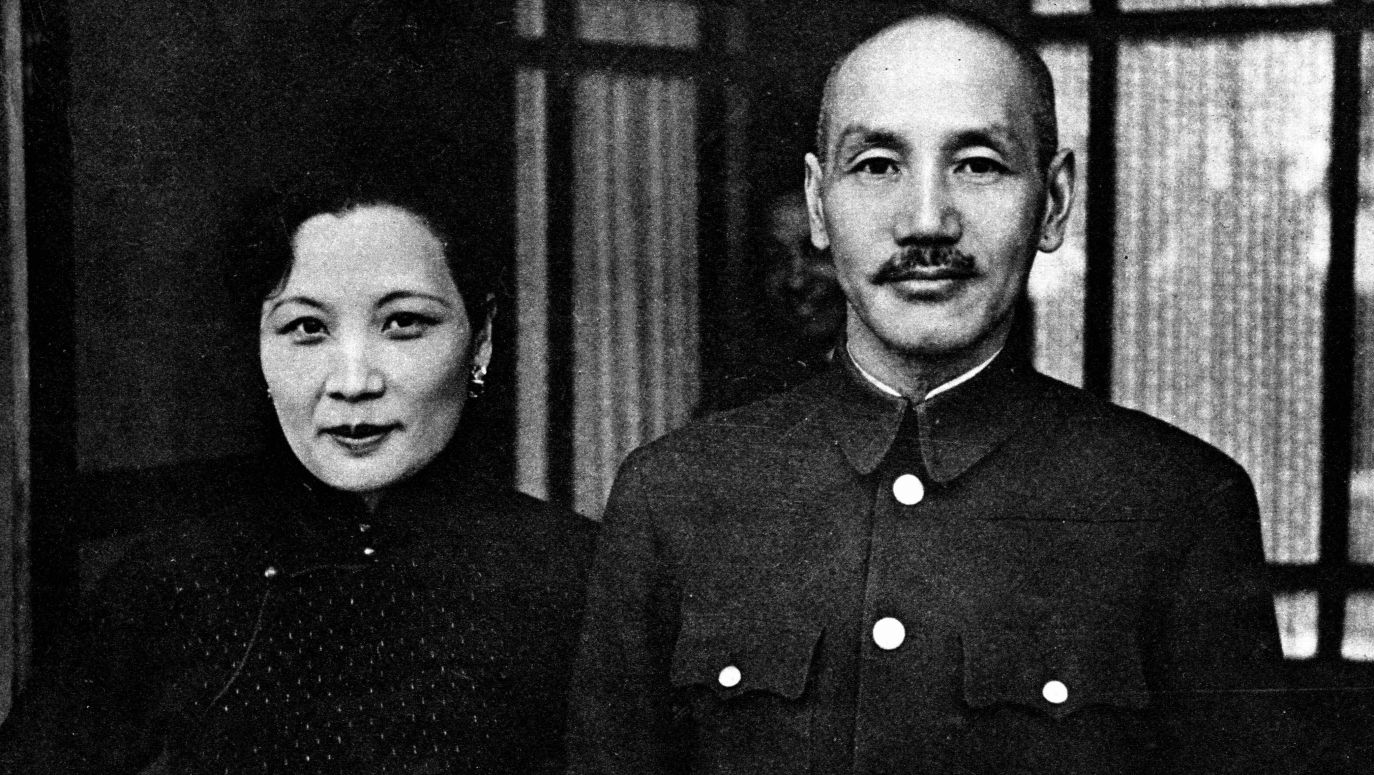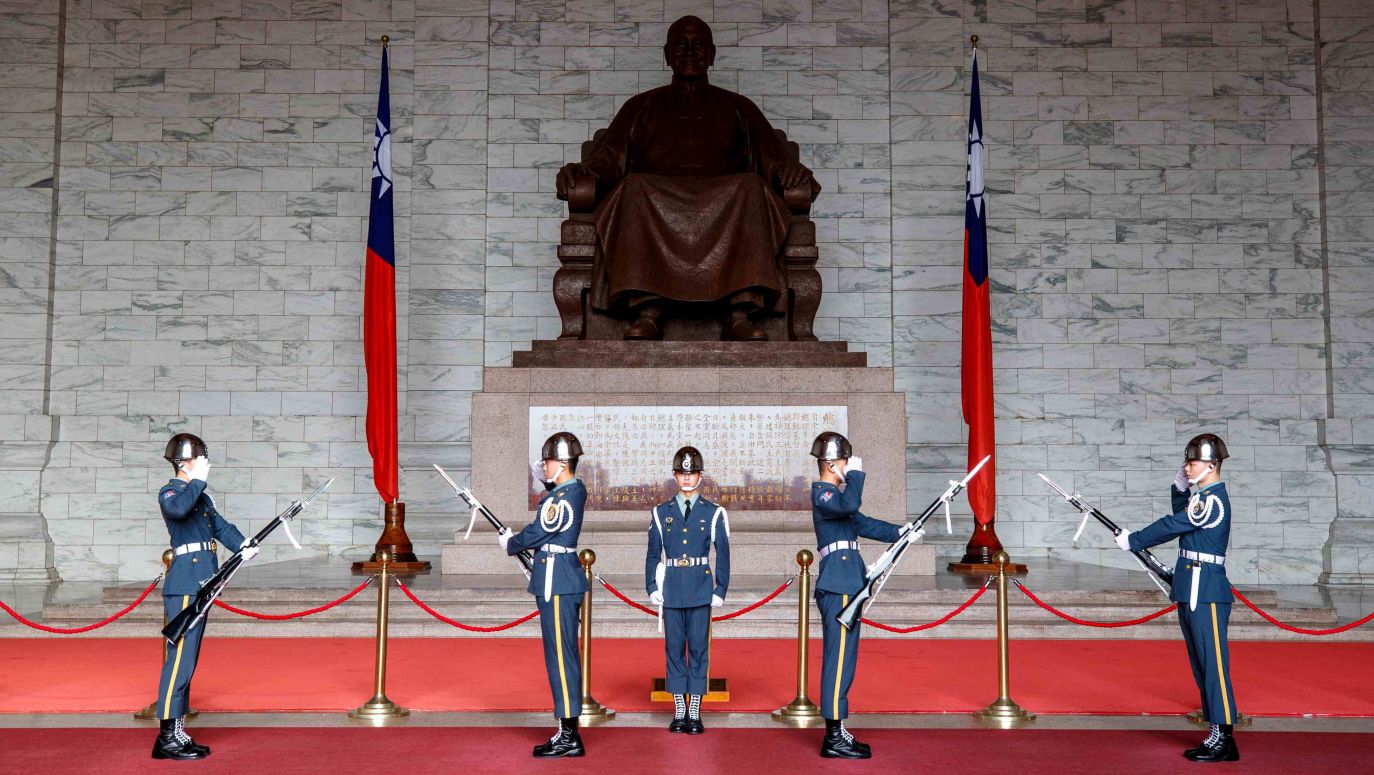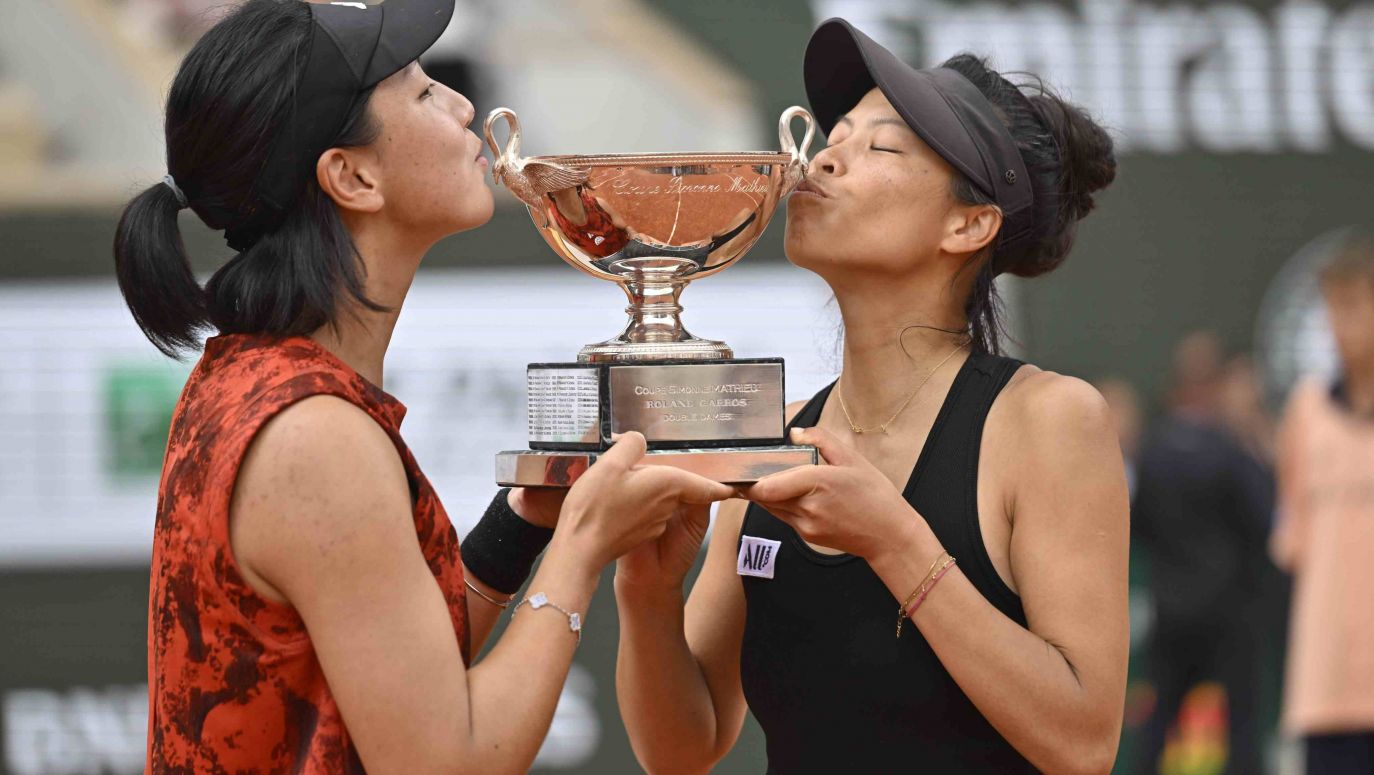Taiwan is supposed to be afraid, but it’s not
28.06.2023
On both sides of the Taiwan Strait, trade thrives, investments are booming, and tourism is vibrant. And even as if nothing is happening, Taiwan’s leading tennis player, Hsieh Su-wei, just won this year’s Roland Garros women’s doubles alongside her Chinese partner Wang Xinyu.
There is hardly a week without reports of provocative displays of Chinese military force near Taiwan: either ships approaching dangerously close to Taiwanese territorial waters, fighter jets entering Taiwanese airspace, or amphibious and missile manoeuvres taking place right near Taiwan’s borders. All of this intensifies when an important American politician visits Taiwan or when a Taiwanese politician visits the United States. This state of affairs has been ongoing for many years, naturally raising the fundamental question: Will China eventually attack Taiwan?
According to some fervent commentators, this could happen at any moment because Beijing supposedly sees an opportunity to attack the “rebellious province” by taking advantage of the West’s significant political, financial, and military involvement in the war in Ukraine, counting on its diverted attention. On the other hand, apart from the military muscle-flexing and regular propaganda threats, there is no indication that China seriously contemplates attacking Taiwan, nor that Taiwan is prepared to defend itself against a Chinese attack.
On both sides of the Taiwan Strait, trade thrives, investments are booming, and tourism is vibrant. And even as if nothing is happening, Taiwan’s leading tennis player (because we now live solely for women’s tennis), Hsieh Su-wei, just won this year’s Roland Garros women’s doubles alongside her Chinese partner Wang Xinyu.
Let us clarify what the fuss is all about with Taiwan.
Beautiful island
Taiwan, baptised by the Portuguese as “Ilha Formosa” (meaning “beautiful island”), was annexed by the ruling Qing dynasty of China in 1683. After losing the First Sino-Japanese War in 1895, Taiwan came under Japanese control, which lasted until the end of World War II in 1945. In the meantime, following the fall of the Qing dynasty in 1911, China came to be ruled by the Nationalist Kuomintang Party, led by Generalissimo Chiang Kai-shek from 1925 onward. China was then called the Republic of China, and its establishment had significant involvement from Stalin and the Soviet Union.
Chiang was so fascinated by Stalin that his son, Chiang Ching-kuo, was educated in Moscow, married a Belarusian woman named Faina Vakhreva, adopted the Russian name Nikolai Vladimirovich Elizarov, and lived in the USSR for twelve years. However, over time, increasingly sharp antagonisms arose between Chiang Kai-shek and Stalin because, in line with the principle of “divide and rule,” the Soviet dictator supported the Republic of China with one hand while supporting the growing Chinese communists under Mao Zedong with the other. Until Japan, which invaded China in 1937, was finally defeated, Chiang’s nationalists and Mao’s communists fought against each other and sometimes joined forces against the Japanese occupiers. And to make things even more interesting, while Chiang cooperated closely with Stalin during World War II, Communist Mao sought support for his idea of China from the Americans. It was a true qui pro quo.
So, before all of this turned around again and Stalin ultimately stood behind Mao, and the Americans behind Chiang, on the day when Mao proclaimed the establishment of the Communist People’s Republic of China in Beijing, the Soviet ambassador was by no means present at the event because he was with Chiang Kai-shek.
Meanwhile, the centre-left Progressive Democratic Party, which was established in 1986 and won the elections in 2000, advocates rejecting the “one China” policy and supports Taiwan’s independence by establishing a sovereign and independent Republic of Taiwan. Although this party lost the elections in 2008, and the Kuomintang again leaned towards reunification negotiations, since 2016, the Democratic Progressive Party has once again been in power in Taiwan, leading to a significant cooling of political relations with Beijing.
Hovering over all of this is the American policy of “strategic ambiguity,” which means that neither Beijing nor Taiwan truly know how the United States would react, particularly in military terms, to a potential Chinese aggression towards Taiwan. Therefore, the relationship between China and Taiwan is heavily influenced by election results on the island, while the American protective umbrella over the island depends on the election outcomes in the US.
Adding to all of this is the increasing tabloidization of the media and even the scientific world, where thorough, in-depth, and expert analyses have been pushed to the margins by catchy, superficial, sensational, and immediate “news,” “speculations,” or “opinions.” As a result, any, often ritualistic, statement by Chinese leaders about the need for reunification with Taiwan is immediately presented as a declaration of an imminent attack on the island. Chinese manoeuvres and displays of power near Taiwan are interpreted as a prelude to an upcoming invasion, and any statement made by Washington regarding Taiwan, regardless of its content, is seen as an obvious signal that a major war between the US and China over Taiwan is about to unfold.
Army not ready yet
The fact that the US does not want a war with China and that China does not want a war with the US seems to be overlooked, as well as the fundamental difference between Russia, which poses a real threat to the West, as demonstrated by the war in Ukraine, and China, which is simply a strategic challenge for the West (just as the West is for China).
It is also worth noting that the Chinese military is still significantly outdated compared to the US military, and so far, communist China has only fought one, unsuccessful, “war” (with Vietnam in 1979). Furthermore, China does not yet possess the capabilities for global force projection, nor does it have the ability to distribute significant cards in global politics, apart from certain economic aspects. And let's not forget Ukraine—a very instructive lesson for Beijing on how Putin’s “second army in the world” got stuck in a senseless and extremely costly war, as well as how the “inept” West swiftly united to support Ukraine.
Moreover, the Taiwan issue is not just a matter between China and the US because there is also Japan, Korea, Australia, and even India in the Pacific, all of which—mildly put—do not harbour great sympathy for Beijing.
Nevertheless, we are constantly fed with these tabloid “Taiwanese sensations,” with such a wide range that within the same newspaper or portal, on the same day, materials are published side by side, where one “expert” swears on his grandmother’s grave that China will basically invade Taiwan tomorrow, while another pledges that China will not do so, a third predicts a humiliating defeat for America in a clash with the Chinese dragon, and a fourth predicts the exact opposite.
And trade thrives
Meanwhile, at the market in Xiamen, China, overlooking the Matsu archipelago belonging to Taiwan, the tastiest mangoes are Taiwanese, flights to Taipei depart from the local airport every two hours, and in every karaoke bar, people sing the greatest hits of the famous Taiwanese singer Teresa Teng.
The older residents of Xiamen (formerly known as Amoy) remember how during the 1950s and 1960s, Chinese and Taiwanese constantly fired artillery shells at each other across the 19 kilometres of water that separated the city from Matsu. As a result, Xiamen, which is an island city, became a large military base, and hundreds of kilometres of tunnels were carved into its rocky belly, serving as barracks, shelters, and ammunition depots. Today, these tunnels serve as road tunnels because in 1981, the city was transformed into a special economic zone, specialising in trade, investments, tourism, and communication with Taiwan.
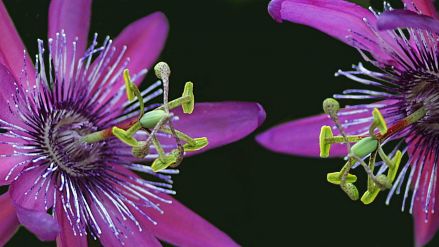
At the sight of the dried flowers, Bosio was dazzled.
see more
Once, during the height of the “Cultural Revolution” in China (1966-1976), when the Red Guards, the fanatic communist youth, regularly carried out bomb attacks in British-controlled Hong Kong, the US Secretary of State Henry Kissinger asked Chinese Premier Zhou Enlai when the Chinese military would enter Hong Kong to put an end to British colonialism on its territory. Zhou replied, “Have you gone mad? Why would we kill the hen that lays golden eggs?” He asked rhetorically.
And then Deng Xiaoping, the architect of China’s reforms and special economic zones (which marked a departure from isolation), told Zbigniew Brzeziński that there would be no wars over British Hong Kong, Portuguese Macau, or Taiwan. China would try to convince them to adopt the “one country, two systems” policy, which allows for the existence of enclaves with a capitalist system and broad autonomy within the People’s Republic of China. This system is in place in Hong Kong and Macau, and the Taiwanese Kuomintang was even willing to consider it, but the Democratic Progressive Party refused to entertain the idea. Thus, the status quo remains.
The status quo means that China is Taiwan’s largest trading partner, not the United States or Japan. Last year, Taiwan exported goods worth over $120 billion to China, and when including Hong Kong, the total reached $185 billion (almost one-third of Poland’s GDP). In return, Taiwan imported goods from China worth over $80 billion. The value of Chinese-Taiwanese trade in the previous year reached $273 billion, equivalent to China’s trade volume with Germany, its most important economic partner in the European Union.
What’s even more interesting is that despite the supposed threat of a Chinese invasion, Taiwan is one of the largest investors in China. From 1991 to 2021, Taiwanese businesses invested nearly $200 billion on the mainland. To put it into perspective, the total value of foreign investments in Poland thus far amounted to around $60-80 billion.
Priceless Chinese collections
An often-cited argument is that China cannot attack Taiwan due to the risk of destroying one Taiwanese company, Taiwan Semiconductor Manufacturing Company (TSMC), which specialises in the production of integrated circuits and satisfies 65% of the global demand for these essential components of computers, mobile phones, and various electronic devices, including those used for military purposes. In comparison, China’s share of the global processor market is only 5%, while South Korea’s share is 18%. However, few remember that TSMC already has a factory in China, specifically in Nanjing, from which 10% of TSMC’s processors originate.
Another risk is mentioned much less frequently, although who knows if it would hold greater significance for the Chinese than the Taiwanese semiconductor factory. In Taipei, the largest and most valuable collection of Chinese art spanning eight thousand years of Chinese history is housed. This collection, consisting of nearly a million priceless objects significant to Chinese culture, was originally located in the Imperial Palace (Forbidden City) in Beijing and was accumulated by successive rulers of the Middle Kingdom. Just before the Japanese invasion of China, the collection was evacuated to Nanjing, and when the communists took control of the mainland, Chiang Kai-shek ordered its transport to Taiwan, where it is currently preserved in the National Palace Museum in Taipei. It is, of course, heavily secured in the event of potential bombings and has vast warehouses in tunnels carved into nearby mountains. However, the age-old paintings on delicate silk paper, thin porcelain works, ancient manuscripts, and clay sculptures are highly sensitive to temperature and humidity changes, especially during their transfer from one place to another. It would be better to avoid risking any damage. Therefore, to admire the treasures once housed in the magnificent imperial pavilions and gardens of Beijing’s Forbidden City, one must visit Taiwan. This is precisely why nearly fourteen million Chinese tourists have visited the island in the last fourteen years.
The fact that Taiwanese people don’t really believe in an impending Chinese invasion is evidenced by surveys. When asked if there would be a war with China, almost 65% of Taiwan’s residents answer negatively. Although the vast majority of Taiwanese, around 90%, oppose unification with China under the proposed “one country, two systems” formula, an equally large number supports maintaining the current status quo. Most interestingly, in the past year, less than 6% of respondents believed that Taiwan should declare independence as soon as possible.
This implies that the vision of some eventual form of unification as part of a unified China resides in the minds of almost all Taiwanese people. One can observe this deep-rooted sentiment in the former residence of Generalissimo Chiang Kai-shek, who served as the President of the Republic of China in Taiwan until his death in 1975. In this residence (now officially known as the Cihu Mausoleum) on the outskirts of Taipei, Chiang’s remains lie in a temporary black marble sarcophagus, awaiting their return to China. This was his wish, and although Chinese authorities have repeatedly proposed burying the Generalissimo in a grand mausoleum in Nanjing, where the Kuomintang’s founder, Sun Yat-sen, rests, Taiwan refuses to consider it until reunification occurs.
Taiwan’s intimidation
A military conflict in the Taiwan Strait cannot be completely ruled out. Even an unintended incident caused by a mistake or bravado involving the substantial accumulation of Chinese, Taiwanese, American, and Japanese armaments in the region could occur. There is always a small possibility that a Chinese leader with an unpredictable streak akin to Putin could emerge, but for now, these remain academic speculations.
What is far more certain is the continuation of China’s military flexing its muscles near Taiwan, to varying degrees and scales. This is done through the principle of “strategic ambiguity” to constantly keep Washington and Taipei guessing about China’s capabilities. Additionally, for China’s burgeoning military, attempting to catch up with and match the United States, such a theatre is invaluable since it has not been involved in any open warfare for nearly half a century.
The intimidation of Taiwan may also have some influence on the presidential elections scheduled for 13 January 2024, in Taiwan. Beijing is extremely eager to see the more conciliatory Kuomintang return to power. This aligns with the interests of the Kuomintang itself, which has not hesitated to send appropriate signals to Beijing.
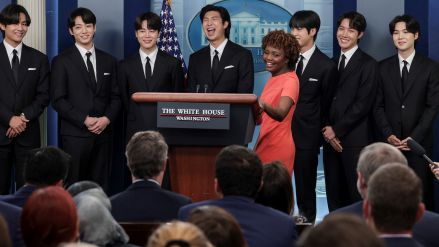
In the region, this is the only highly developed country where the percentage of believers is increasing.
see more
One significant event was the “completely private” 12-day visit of former Taiwanese President Ma Ying-jeou (2008-2016) to China in March of this year. Officially, Ma did not meet with any Chinese leaders, but in his speech in Nanjing, he referred to the shared identity of Chinese people on both sides of the Taiwan Strait and expressed hope that any potential reunification would occur without any catastrophic conflict. Ma became the first former leader of the Republic of China in Taiwan to visit China since 1949. It is worth noting that as the incumbent president of Taiwan, he was also the first to meet with Chinese President Xi Jinping in Singapore in November 2015.
As Russia becomes more embroiled in Ukraine, Beijing increasingly realises that even a carefully planned attack on Taiwan could result in, at best, a Pyrrhic victory. It is irrelevant that even a small country like Taiwan is far better militarily prepared for a potential Chinese attack than Ukraine is for a Russian invasion, and that American interests in the Pacific far outweigh those in the Atlantic.
China clearly prefers to remain a strategic challenge rather than becoming a real enemy in a conflict with potentially unimaginable consequences for all parties involved. Moreover, despite propaganda blustering, President Xi and the Chinese leadership primarily see China as an increasingly active, even global, benevolent power—a neutral arbiter, an economic and technological leader capable of boasting successes rather than risking failure.
Deng Xiaoping, who initiated unprecedented economic reforms and opened China to the world after the Maoist nightmare of barracks-style communism and total isolation, constantly emphasised that when “entering the river,” China should always feel solid ground beneath its feet, meaning it should prioritise pragmatism. Now, thanks to Deng’s reforms, China is venturing out onto the global ocean, where solid ground is much harder to find and the risk of drowning is immeasurably higher. With its immense economic potential, China is entwining the world, especially Asia, Africa, and South America, with a network of often competitive investments, projects, loans, and technologies, while tempting Europe with the vision of a new Silk Road. The broad concept of globalisation has proven to be a blessing for the rising China, and now, albeit perhaps somewhat clumsily, Beijing is trying to find solid ground as a neutral mediator and peacemaker (not to be confused with the HBO comic book series) on the global political stage.
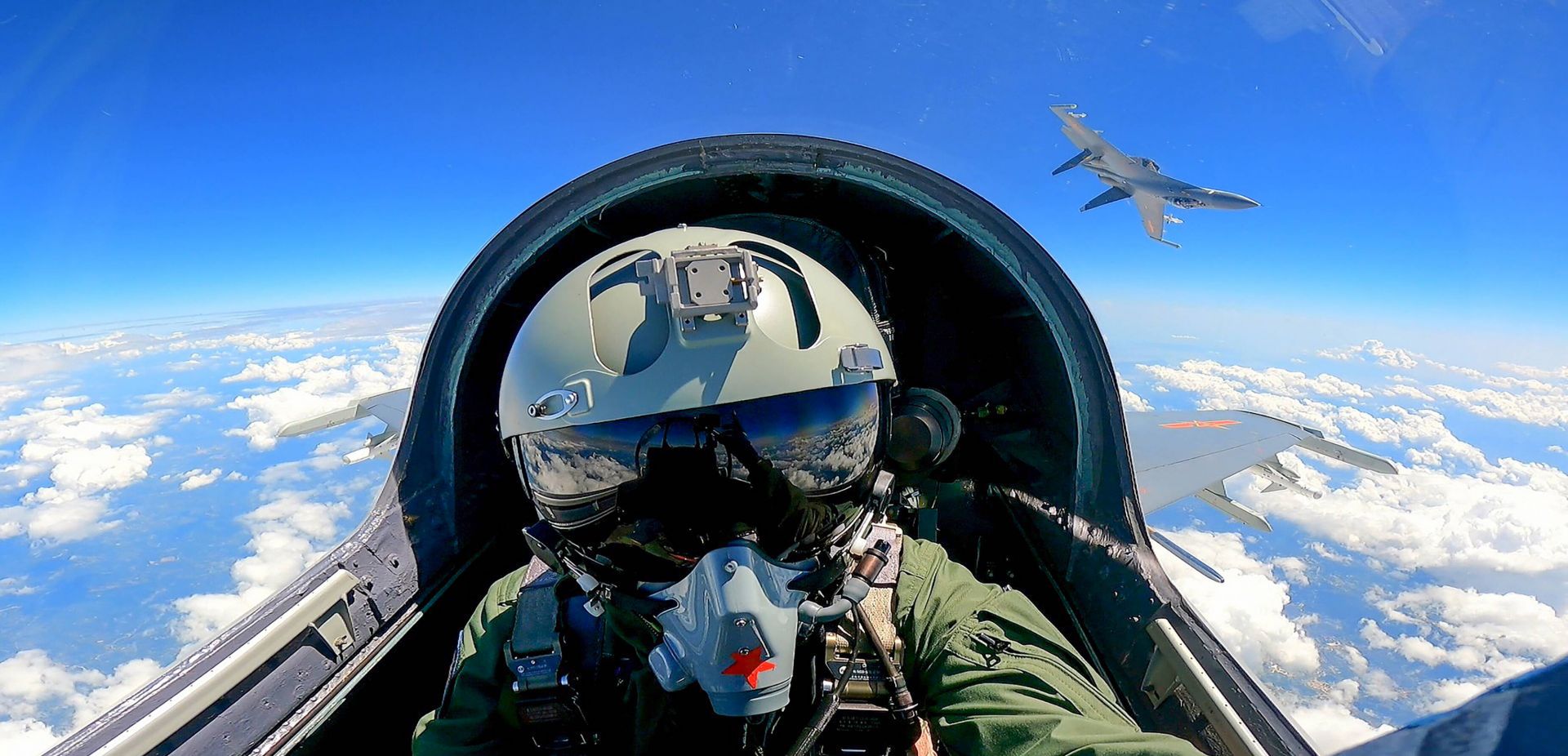
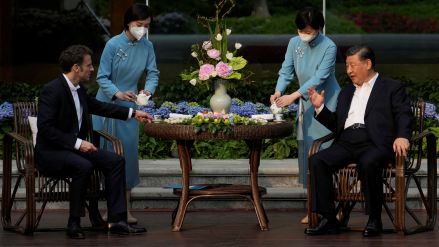
 SIGN UP TO OUR PAGE
SIGN UP TO OUR PAGE 
